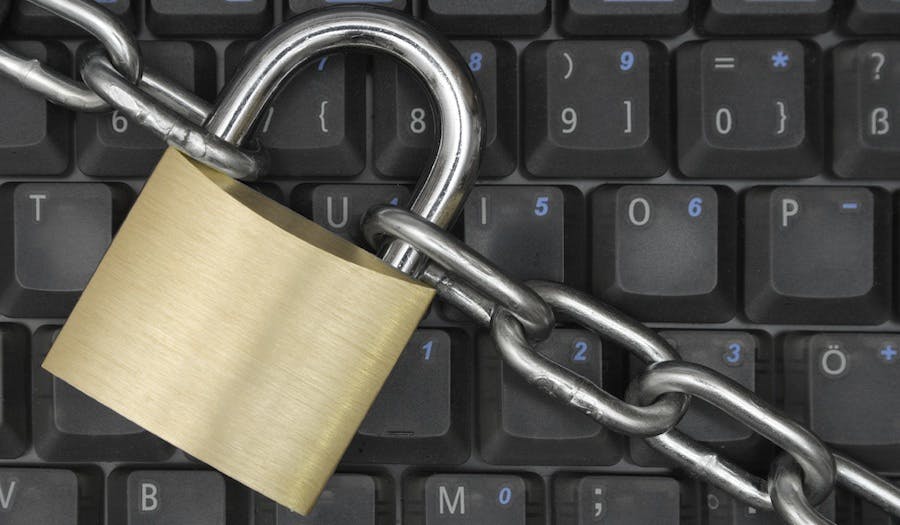In a big move to crack down on piracy, the Senate has passed legislation that will see infringing websites blocked in Australia.
Yesterday saw the Copyright Amendment (Online Infringement) Bill 2015 passed with 37 votes in favour and 13 against. There was plenty of support for the Bill, with the Government and the Opposition both coming together on the decision.
Those who opposed the Bill included Independent and Green Senators. Attempts to water down the legislation, including nine amendments proposed by Greens Senator Scott Ludlam, failed to stop the Bill from passing.
“My concern really isn’t that this bill is going to do anything to protect artists and make sure they get paid for their work, because obviously everybody supports that, but the potential down the track is for the scope of the bill to be broadened and for the extremely loose and poorly defined language in the bill to be exploited as well,” ABC News quoted Mr Ludlum as saying.
“We moved a number of quite sensible amendments that are supported by the consumer protection groups who have been following the debate, and Labor again has backed up the Abbott Government and so now it passes into law.”
The new Bill allows rights-holders, including film and television producers/companies, to apply to the Federal Court with the purpose of imposing injunctions. The Federal Court, once determining that a website is in fact driving infringements or facilitating copyright infringements, can then order ISPs to block the “online location”.
ANU College of Law Associate Professor Dr Matthew Rimmer, as quoted by Fairfax, said the Bill was “quiet radical”.
“It’s a very dark day for the internet in Australia because there’s been bipartisan support for this Luddite censorship bill,” Dr Rimmer said.
“I think the larger question will be what sites will be affected?
“Will rights holders be focussed on the sites they want to target or will there be collateral damage?”
Concerns relate to the misuse and exploitation of the bill, which could see innocent websites getting caught in the piracy-targeting net due to the agendas of rights holders and companies. Dr Rimmer also points out that this sort of legislation opens the window for political purposes, as Government information can often be placed under the protection of the copyright banner.
Foxtel, a rights holder that has been fully supporting the move to restrict access to copyright-infringing websites, applauded the Senate’s move.
“We are pleased that the Government and Opposition have taken strong action to combat online piracy,” Foxtel Chief Executive Richard Freudenstein said in a statement.
“They recognise that, not only is piracy theft and therefore morally wrong, it is harmful to Australia’s creative communities and to businesses that employ hundreds of thousands of Australians.
“These offshore sites are not operated by noble spirits fighting for the freedom of the internet, they are run by criminals who profit from stealing other people’s creative endeavours.”
Websites such as The Pirate Bay and KickassTorrents are expected to be the first to be blocked.

